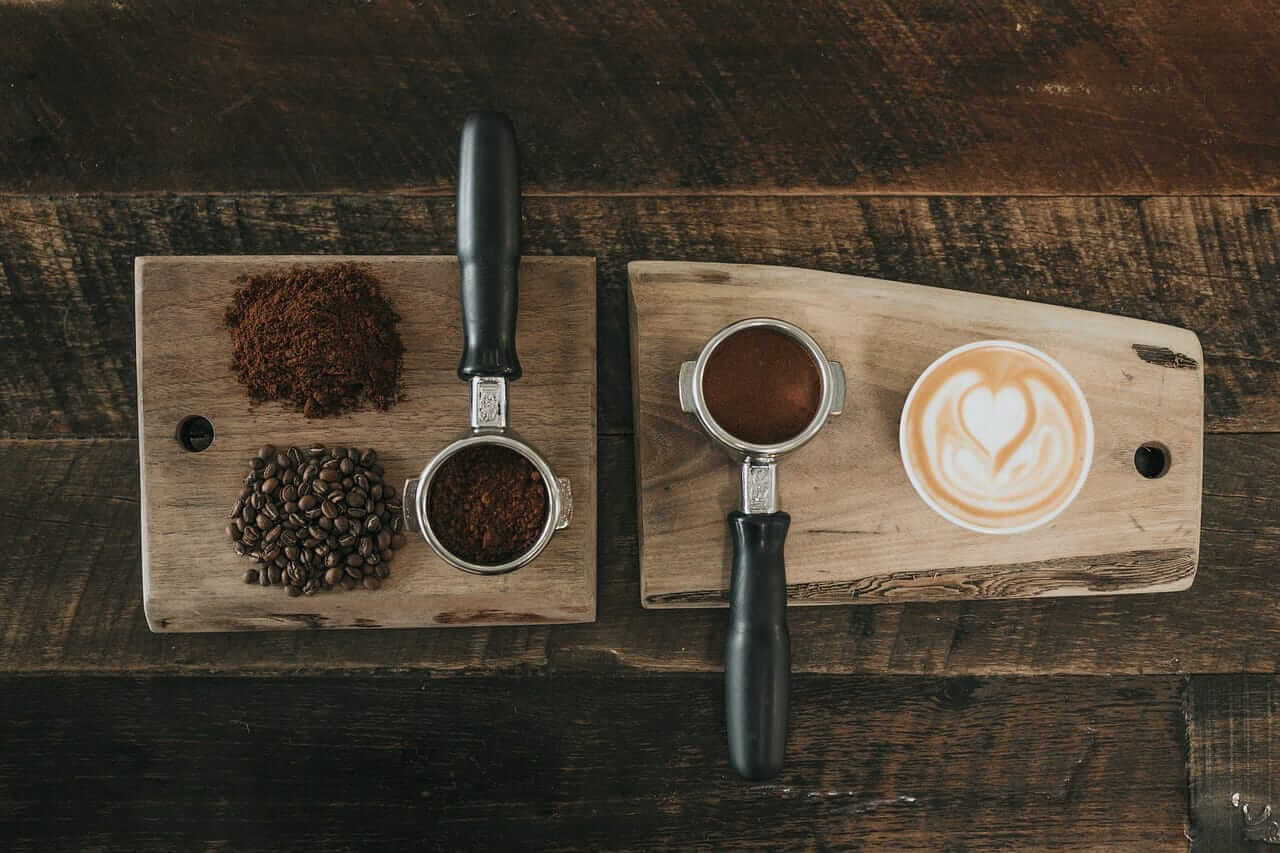Inside the D.C.-based Lost Sock Roasters, the usual rich aroma of fresh beans now carries a bitter note—uncertainty. President Trump’s recent announcement of a proposed 50% tariff on Brazilian imports, including coffee, has shaken the U.S. coffee industry. Combined with an existing 10% levy, the move would drastically affect the U.S. coffee supply—30% of which depends on Brazilian beans, according to import data.
Jeff Yerxa, co-founder of Lost Sock, says the implications for small roasters are enormous. “Brazil is our backbone for volume and consistency. We can’t easily swap that out without consequences.” Monica de Bolle of the Peterson Institute for International Economics echoes this concern, warning that “tariffs will ripple through the entire market.” The tariff policy is set to take effect on August 1, giving the sector little time to adapt.
Prices Rise as Import Costs Soar
The consequences for American consumers could be swift and costly. Already, coffee prices in the U.S. jumped in June—12.7% for roasted coffee and 16.3% for instant. Yerxa says their margins are too thin to absorb such increases: “We either raise prices or go under.”
Verve Coffee Roasters CEO Colby Barr warns that “tariffs won’t help producers or roasters. It’s a lose-lose.” Many roasters, he explains, rely on long-term supply contracts that complicate immediate shifts. Inventory cushioning may temporarily prevent price hikes, but once those supplies run out, shelves at cafés and supermarkets will reflect the new costs.
Global Coffee Supply Chains in Jeopardy
Brazil isn’t the only country affected. Trump’s tariff scope includes coffee from Vietnam (17% of U.S. imports), Colombia (8%), and Ethiopia and Indonesia (6%), forcing U.S. businesses to rethink supply chains. Yet sourcing alternatives isn’t easy. As Colby Barr notes, “Replacing Brazil means sacrificing price, volume, or quality—often all three.”
To adapt, some roasters consider shifting to origins with smaller trade risks, but that brings logistical challenges and ethical dilemmas. “We’ve spent years building relationships with Brazilian cooperatives,” Yerxa says. “It feels wrong to abandon them over a political decision.”
Industry and Public Response Grow Louder
Interim policy advocates and trade experts argue the administration should reconsider its stance. Barr calls for transparent dialogue, suggesting that trade protectionism in commodities like coffee will backfire economically and politically. Analysts also warn that consumer backlash is likely as everyday essentials like coffee become noticeably more expensive.
Meanwhile, the Office of the U.S. Trade Representative has remained firm on its goal to pressure foreign governments, but critics argue the strategy is short-sighted. For small U.S. businesses and consumers alike, the next few months could reshape how the country drinks its morning brew.







